
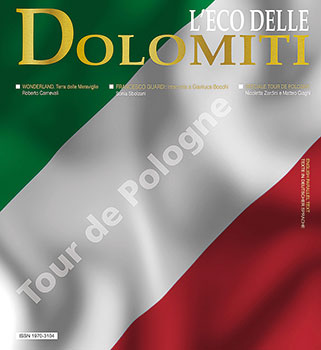
Eighth edition of the economics festival:
“Sovereignty in Conflict”
DEMOCRACY IN CRISIS
MORE REGULATION OF POLITICS AND THE MARKET
Caterina Dominici
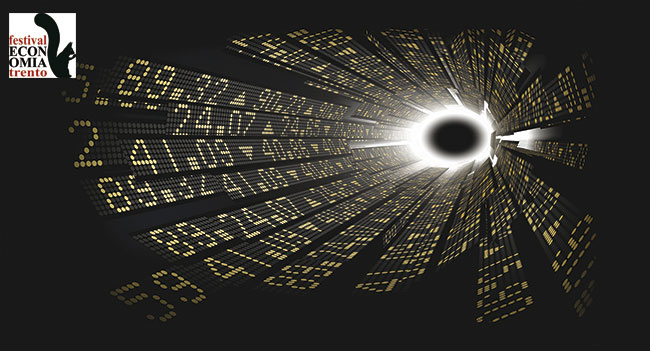
The problems that democracies had to face in the twentieth century following two world wars and the terrible events of Nazism, the Holocaust and the dropping of atomic bombs on Nagashaki and Hiroshima, are mirrored in the current crisis afflicting the European Union as it confronts this grave financial situation: a crisis which is trampling on the population’s right to a decent life and on the prospects of millions of young people who are blameless for what is happening. Once again the predicament is ascribed to democracy: a system which since the time of Athens and the age of Pericles has represented the ideal institution for governing society, as opposed to the military dictatorship of Sparta or the authoritarian model described by Plato in the Republic. 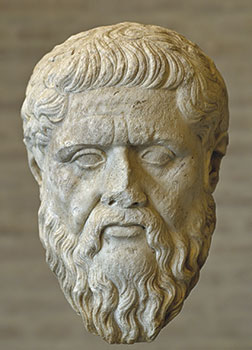
However, like other terms produced by political thinking – Communism, Laissez-faire, Fascism or Nazism – the word “Democracy” is simply a label used to indicate a sphere in which the citizen (and all the “domus”) performs a basic function in the government of the state. While in certain ideological systems government is entrusted to restricted military or religious castes, or to rule by “philosophers” as Plato suggested, in an ideal democracy the whole population takes part in government, electing their representatives by means of universal suffrage. Plato’s criticism related to the problems inherent in this form of representation, too often aggravated by the personal ambitions of members of the governing class, which could systematically degenerate into tyranny and the passage of laws to suit their own ends.
In order to have a democratic government for all, it is therefore necessary that the class which holds the executive power is separated from the power of the legislature, regarded as the most sacred of the powers of the state.
The failure of Athenian democracy was due to this degeneration into tyranny, and therefore resulted in the abandonment of this grand idea. It only reappeared during the age of the communes and in the wake of humanism: firstly as a pictorial subject in Signorelli’s frescoes on the theme of Buongoverno (Good Governance) in the Palazzo Comunale in Siena, and in Raffael’s Scuola di Atene (School of Athens) in Rome, and then in political thinking during the Renaissance.
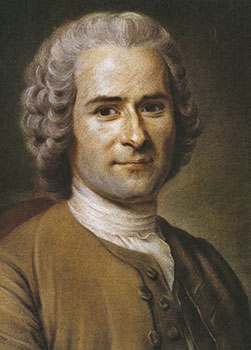
It was thanks to works such as “The Prince” by Nicolò Macchiavelli (1532); “Six books of the Commonwealth” by Jean Bodin (1576); “Leviathan” by Thomas Hobbes (1651), and finally to Jean Jacques Rousseau’s “Social Contract” of 1762, that the idea of a modern democracy was revived. This concept inspired first inspired the English revolution 1647, followed by the American revolution of 1776, and lastly the French revolution of 1789: as a result of which the first parliaments were formed involving the participation of the people. These events were succeeded by the establishment of the Republic of Argentina in 1816 and that of Uruguay in 1828, in which the young Giuseppe Garibaldi played a part. The Republic of Brazil was founded in 1889.
However, as Plato had rightly cautioned, the state in Britain continued to maintain its monarchical status, becoming a parliamentary monarchy, while in France the Republic suffered many attacks from the Napoleonic dynasty and also from the monarchy itself. The fledgling democracies in South America endured numerous assaults, and it is only recently that modern functioning systems have been re-established in all these countries, after such events as the coup d’état in Chile and the nightmare of “the Disappeared” in Argentina.
It is only in the United States that the democratic model has survived without interruption from 1789 up to the present day, withstanding many political and financial crises, and managing to overcome these despite some very repressive campaigns: for example, against the Socialists in 1919, against Delano Roosevelt’s laissez-faire economic policy in the 1930s, and finally against Communism in the 1950s, with the Hollywood blacklists.
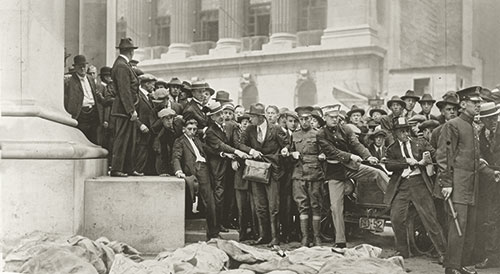
There is therefore still a notable difference between American democracy and the young European democracies established after the dissolution of Fascism and Nazism in the 1940s and after the abandonment of Socialism in Eastern Europe during the 1990s. While certain countries in Europe have still remained constitutional or parliamentary monarchies, like Spain, Holland, Belgium, Denmark, Norway and Sweden; only France, Germany, Italy, Portugal and Greece have the status of parliamentary or federal republics. These are all modern democracies, but they all have different constitutions and regulations, governing areas such as electoral law, party financing, and the intervention of the state in the economy and the life of the individual.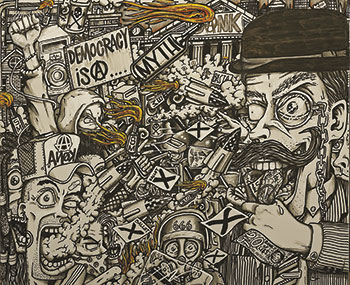
Thus, a constitutional or parliamentary monarchy can paradoxically be more democratic than a true republic, because what makes the system effectively democratic is the body of law maintaining public participation and control over the political class. Therefore, as Plato observed, the first thing to do is to put the political class under control by adopting new laws governing political representation, the accumulation of offices, the duration of mandates, the remuneration of positions, and the separation of the executive sphere from the legislative sphere.
However, a new threat to democracy has emerged in recent years: the anarchy of the markets. The collapse of the Berlin Wall in 1989 actually relaxed the guard stationed on the “border” between the “market” and democratic participation in economic life, infiltrating every sector. The brutal law of supply and demand has not only invaded the market for industrial products, commercial services and social participation, but also that for basic assets such as energy, communications, transport, work, health, education, and culture, with the excesses of the market even including air and water.

If democracy means participation by the whole population, without social distinction, in the election of their representatives, then nowadays there is also a need for democratic participation in regulation of the markets: without invading the essential sphere of human society as the laissez-faire doctrine would wish, but recognizing that there are certain sections of the economy which are not regulated by the brutal laws of supply and demand, but by non-profit mechanisms. We have to understand the diversity between the players taking part, distinguishing between individuals, economic agents, products, and essential assets such as air, water, energy, education and health, emphasising the need to perceive the existence of a whole, a society, and a community, to which other rules apply: such as those of service and public utility, but also of support and solidarity.
If communism and fascism collapsed due to the absence of a market economy, democracy must learn how to limit it and put it under control, using firm laws which still allow it operate vigorously, but control the spread of speculation, poverty and anarchy.